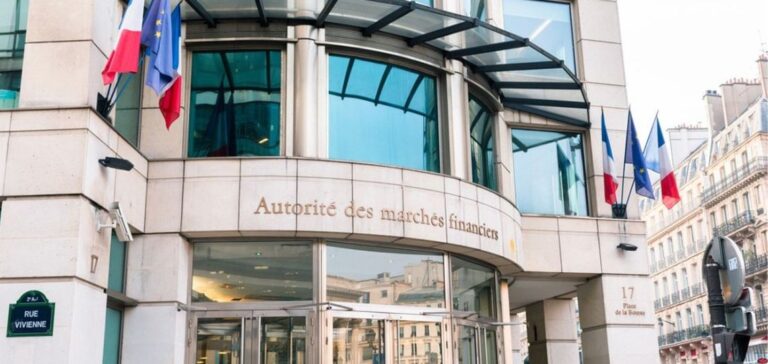How do you define a company in the process of environmental transition? The answer does not exist in European regulations for the moment, but the French Financial Markets Authority(AMF) is working to develop the legal framework.
In its broad “Green Pact”The European Commission has taken an interest in green finance and the creation of rules to regulate it. But its definition of “sustainable investment” is for the moment too vague for the sector’s actors and its “green taxonomy”, which classifies economic activity sectors according to their impact on the climate and the objective of mitigating and adapting to climate change, has its limits.
For Jérôme Reboul, Director of International Regulation at the AMF, a “binary” conception – green or not green – of sustainable finance can prevent certain companies, considered “brown” because of their heavy climate impact, from obtaining financing. While precisely “many transition projects are in the hands” of companies “very +brune”, he justifies.
In the UK, the regulator has decided to create five categories of funds with different levels of requirements, including a “transition” classification, one “aligned” with the taxonomy (which therefore includes a large proportion of sustainable activities) and one “impact”, which aims to generate a positive social or environmental impact.
In its reflections on the notion of transition, the AMF is considering assessing a company’s transition based on the reports it must publish each year, explains Mr. Reboul, while by 2026 the European directive on sustainability reporting (CSRD) “will require” companies “to establish and communicate a transition plan.
Relying on these self-published reports by companies is an easy solution to implement since the legal framework is already in place, but with a downside: it is a “business logic”, which may not be up to the task of “achieving a transition on the scale of the entire economy”, warns Jérôme Reboul. He cites the example of an energy producer that “will be able to present a flawless transition plan by selling its coal-fired plants…
But on an economic scale, we need to close coal plants, not just sell them!” Ideally, the AMF would like to take a more macroeconomic view and classify economic activities into three categories: those that are already sustainable, those that contribute to an orderly transition plan and those that need to be stopped. Such a typology would complement the existing European taxonomy, according to Reboul, but devising it represents “a titanic task even more complicated than the taxonomy” that the European Commission has been working on for several years.
In addition, “the question arises as to what is the optimal transition”, with, for example, a debate on the place of natural gas in the energy transition, says Reboul.






















